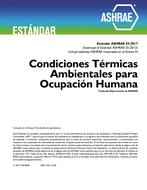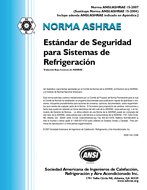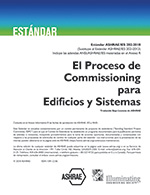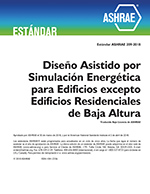Description
New buildings should never operate cooling towers and boilers at the same time because it wastes valuable energy. Dual-temperature chiller plants, dedicated outside air systems, DOAS, and distributed terminal units, TU, are HVAC’s greener future. This paper addresses how building energy use can be significantly lowered by using chilled water temperatures that are no colder than necessary and by using heating hot water temperatures that are no hotter than necessary. New building HVAC designs should always maximize near-free cooling and near-free heating through total building heat recovery and energy transfer. Chillers operate much more efficiently producing 54 °F (12 °C) instead of 44 °F (6.7 °C) chilled water temperature. Using 90 °F (32 °C) instead of 140 °F (60 °C) heating hot water temperature can provide near-free building heat. Condensing boilers operate more efficiently when the hot water return temperature is 80 °F (27 °C) instead of 120 °F (49 °C). Distributed terminal units improve indoor air quality by precisely controlling temperature, relative humidity and CO2 in all building spaces, including those with large changes in occupancy such as conference rooms. Dedicated outside air systems, DOAS, are essential to reducing building energy use intensity, EUI, by separating latent cooling load from the sensible cooling load inside of buildings, and this paper explains how to better design and control a DOAS. Four pipe water system terminal units, TU, should use just one high efficiency water coil with a six-port control valves for both sensible cooling and heating. This allows the use of near-free heating hot water that can be transferred from condenser water. Dual-temperature chiller plants can simultaneously provide cold chilled water when required for DOAS dehumidification, 54 °F (12 °C) chilled water for all building sensible cooling applications, and 90 °F (32 °C) heating hot water backed-up by 96% efficient condensing boilers. Architects will welcome not having to provide large mechanical rooms and deep plenum space for big insulated ductwork. This paper provides the design details that are needed to minimize EUI and prevent the wasteful simultaneous operation of cooling towers and hot water boilers.
Citation: 2020 Winter Conference, Orlando, FL Conference Papers
Product Details
- Published:
- 2020
- Number of Pages:
- 8
- Units of Measure:
- Dual
- File Size:
- 1 file , 820 KB
- Product Code(s):
- D-OR-20-C047




